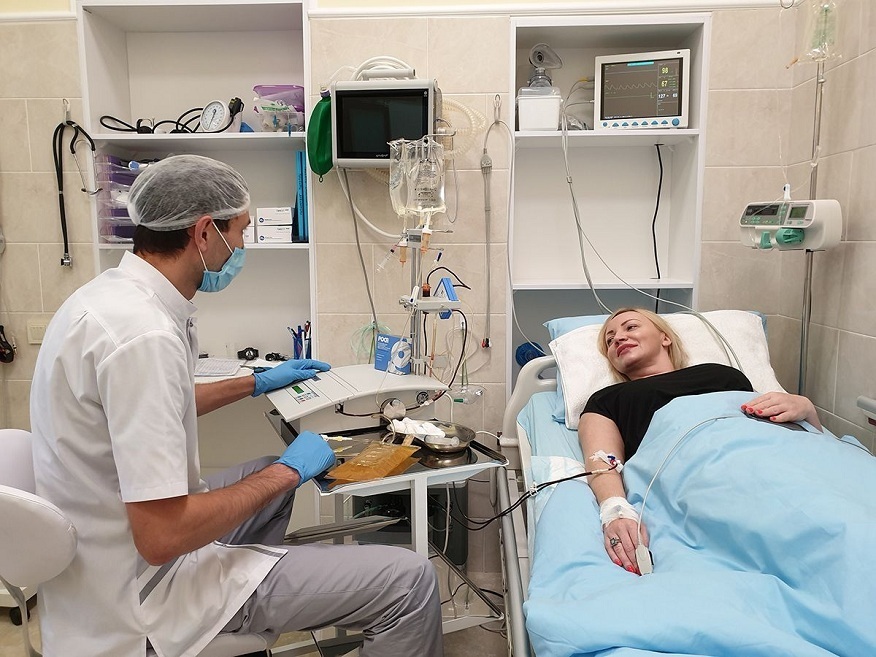Over 23 million people in the United States are addicted and could benefit from therapy, but every addict’s story is unique. An individual’s health, history, and specific demands play a role in each incidence of addiction, even when the same or comparable substances are involved.While the benefits of group therapy and the sense of community they foster are undeniable, the sessions inevitably must be broadened to accommodate the group’s needs. alcohol rehabilitation centre based on this model may not be the best option for some people. Instead, a treatment plan tailored to the individual’s needs may increase the likelihood of success in the long run.
Every narrative is different.
There is no such thing as a “typical” case of addiction; however, many people’s experiences with addiction share commonalities. Among the many variables that affect each person uniquely are:
The drug being abused; The intensity of the addiction; Underlying mental or physical issues that fuel the addiction;
Potentially conducive environmental conditions to substance abuse;
Possible relapse precipitating factors.
Given the complexity of these variables, it’s obvious that no silver bullet treatment can help everyone. The goal of individualized treatment is to create a treatment plan tailored to each patient’s specific needs. There is various alcohol treatment center that offers individualized treatments; therefore, before settling for a rehab center, you check out their treatment plans.
Recognizing the Values
Perhaps you or someone you care about is still debating whether or not to get therapy. Addiction therapy’s benefits can illuminate why tailored care is so highly suggested. Some examples of these advantages are:
Determining and treating any comorbid medical conditions; determining and treating any underlying mental health issues fueling an addiction case.
physical, psychological, social, and spiritual addiction treatment;
Identifying traumatic experiences that may have contributed to or been the cause of addiction;
The social stigma associated with addiction, recovery, and alcohol detox treatments can be eradicated with the help of a strong recovery network.
Individualized treatment approaches for substance abuse not only have these vital benefits, but they can also reduce the likelihood of recurrence. Relapse is a common component of the recovery process for people with addiction because it is a chronic disease.
However, relapse can be avoided with proper preparation, a solid network of support, and a determined outlook. When your treatment specifically addresses your needs, you’ll have a much better chance of making a full and lasting recovery.
A Patient’s Guide to Treatment
These individualized regimens vary from patient to patient, but they all share a focus on three essential aspects of addiction care: withdrawal, physical and emotional health, and aftercare support. All addiction treatment begins with these tenets and builds from there to address each patient’s individual needs.
Withdrawal
When an addict or alcoholic stops using drugs or alcohol, the brain undergoes profound, unsettling changes. “withdrawal” refers to the psychological and physiological effects of suddenly stopping drug use. Among the symptoms, but not limited to:
Symptoms include drowsiness, irritability, sweating, trembling, shortness of breath, nausea, and vomiting.
You or your loved one can overcome the challenges of withdrawal with the help of the many tools provided by individualized care.
Wellness in body and mind
Recovering from addiction is a process that encompasses all aspects of a person’s being. Maintaining your emotional and physical health throughout this period will be crucial to your long-term success. A personalized treatment plan may include advice on diet and exercise, suggestions for modifying one’s daily routine, and methods for bolstering one’s mental and emotional well-being.
Physical indicators of improvement, such as better skin health, better sleep, and improved muscular health, will likely be the first noticeable changes and improvements after addiction therapy.
Medicating during recovery from addiction can be helpful for some but not others. While some people may manage their symptoms of co-occurring illnesses without medication, others will benefit more. Medication for managing cravings and avoiding relapse may be helpful for some people. Finding the proper course of treatment can be difficult, but a personalized strategy can assist.
Aftercare
Regarding post-treatment care, you can pick from a wide variety of solutions. A tailored strategy can help you locate the most effective treatment, whether it’s an inpatient facility, outpatient services, or a hybrid.
In conclusion, it’s important to remember that you’re not alone in your struggles with addiction recovery. There are a variety of treatment plans available at Rehab After Work that can help you on your path to a better, healthier you.

